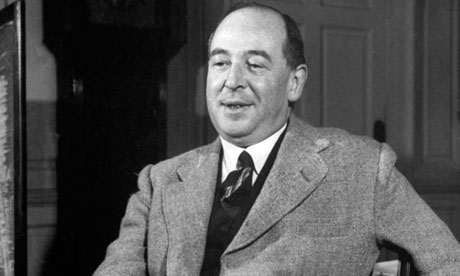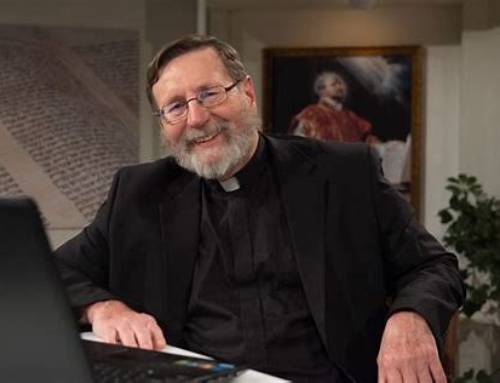I am re-reading C.S.Lewis’ Mere Christianity for a book I have been commissioned to write about this little classic. At one point Lewis discusses the impossibility of judging others.
We judge an outward action, but God judges the morality of the action. He can judge because he knows all things. Although we can judge the objective rightness or wrongness of an action we can’t judge more than that because we do not know all the intentions and circumstances. So we step back.
Lewis makes another trenchant observation about the nature of morality. Because being sinful is the default setting, most evil is a relapse into some weakness or temptation. We either do something wrong–which is a lapse into the wrong love of something or the abuse of something good. Or we don’t do something we should do–which is a lapse through laziness into not becoming all that we should be.
In other words, in one way or another doing evil is a weakness, a lapse, a falling not a climbing. It is not an accomplishment, but either a lack of accomplishment or the destruction or distortion of some good accomplishment.
This is the nature of evil. It is the lack of a good or the distortion or destruction of a good.
Being good, on the other hand, is a positive accomplishment. I really did get out of bed and say my prayers. I really did learn to be a bit more patient. I really did listen to that person rather than brushing them aside. Being good requires an effort. Being bad does not.
This is a good test, therefore of the right moral choice. Is what I have done a positive good which required some effort, self denial, hard work and accomplishment? Did I choose to help another person, control my appetites, exercise some discipline to improve myself by God’s grace? Then I have made a moral choice for the good.
However, if my choice is one that indulges my proclivities, excuses my sin, justifies my wrongdoing and allows me to luxuriate in my own pleasures, my own weaknesses and my own indulgent choices, or if my choice is to actively destroy or distort what I know is good because of my own desire, then I have fallen into evil.
The good person therefore understands evil because he has fought against it and knows its contours and pitfalls. The good person understands good because he has accomplished some good and come to know it. The good person also understands evil because the better he becomes the more he is aware of the evil within him. The bad person does not understand evil because he constantly excuses it in himself because he is self righteous, and he does not understand good because he is blind to it and has not experienced it.
This is why Lewis goes on to say that a good person understands both good and evil. A bad person understands neither.






The opening and closing thoughts:
1. Lewis discusses the impossibility of judging others.
2. Lewis goes on to say that a good person understands both good and evil. A bad person understands neither.
Is not the closing statement a judgment of others: a good person, a bad person?
Because of Original Sin we are imperfect. We are a mix of good and evil thoughts and actions. We are the product of our upbringing, education, experiences, personal abilities and desires resulting in the ability to love well or not. We all could love better, we all have sinned.
To me, it is one thing to say or think a person did a bad thing and quite another to think or say that person is a bad person.
In any event, Happy Easter, Father, And thank you for being a priest.